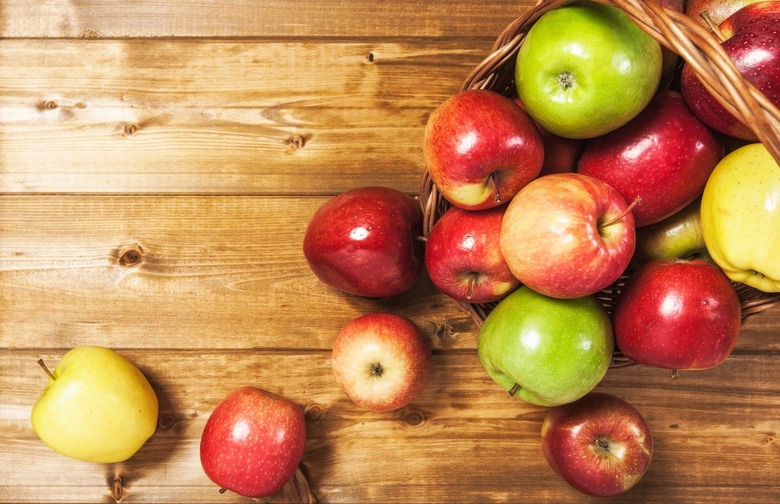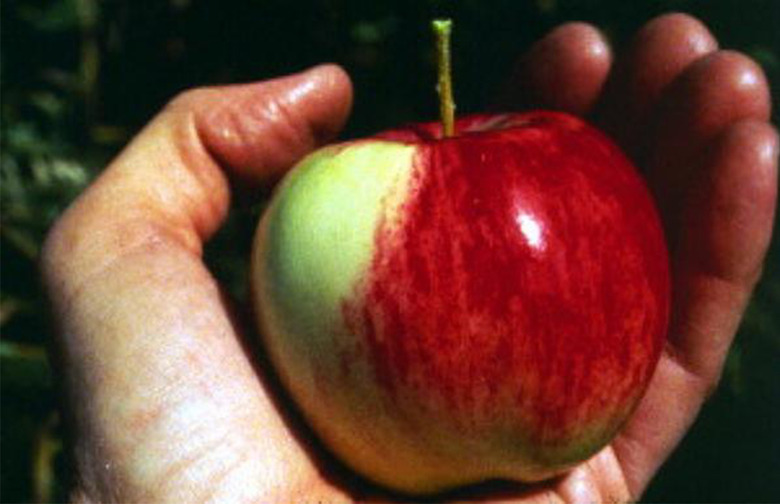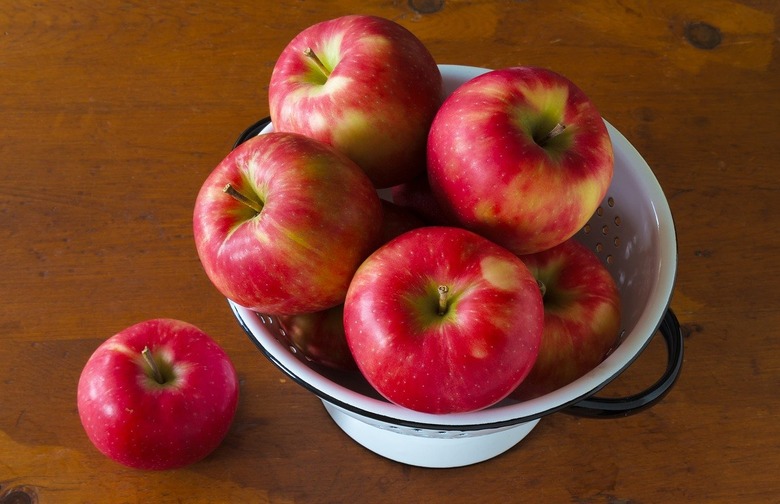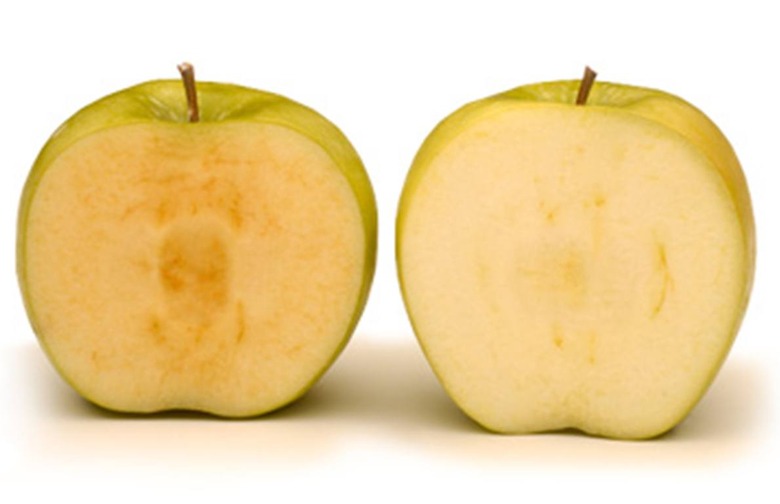10 Things We Bet You Never Knew About Apples
The apple is one of those perfect foods, beloved the world over. And with the weather starting to turn colder and apple season beginning to come full circle, we thought we'd drop some apple truth-bombs on you. The apple is one heck of a fruit, and there's a lot we bet you don't know about it.
All Modern Apples Have One Common Ancestor
Just about all modern apple cultivars (varieties) can be traced back to one common ancestor called Malus sieversii. It's native to southern Kazakhstan, and it still grows there to this day.
Apples Are a Member of the Rose Family
Like cherries, pears, and apricots, apples are a member of the rose family called Rosaceae.
China Produces Nearly Half of the World’s Apples
China produces about 40 million tons of apples annually, with the United States coming in a not-so-close second place of around four tons.
Apples Have More Genes Than Humans Do
The entire genome of apples was sequenced by an Italian-led consortium of scientists in 2010, and the results were stunning: Apples have 57,000 genes, more than any other plant studied to date. Most impressively, apples have far more genes than even humans do, as there are only about 30,000 genes in the human genome.
Crab Apples Are the Only Native North American Apples
Also called "common apples," crab apples are the only variety of apple that's native to North America. All the others were either brought here from around the world or created here by botanists.
Different Cultures Prefer Different Apples
In the United States and Europe, most people prefer sweet apples with a mild tartness. Asian and Indian cultures prefer apples that are very sweet with no tartness at all, and Japanese consumers like their apples large.
Some of the Most Popular Apple Varieties Were Invented at the University of Minnesota
Some of the most beloved apple cultivars around were invented at the University of Minnesota's Excelsior Experiment Station, which has been going strong since the 1930s. Its contributions include Haralson apples (which are very popular in Minnesota), Wealthy, Honeygold, and the extremely popular Honeycrisp.
The Apples in Your Supermarket Might Be More Than 1 Year Old
Modern technology allows apples to be stored for months on end without becoming overripe. While waiting to be distributed to supermarkets, most apples spend time in chambers with high levels of carbon dioxide and plenty of air filtration, which slows down the ripening process. Certain varieties can last longer than others in this environment; Fuji and Granny Smith apples can last longer than a year.
A Genetically Engineered Apple Variety Doesn’t Turn Brown
Let a cut apple hang around for too long and it'll turn brown and unappealing. Thankfully, scientists have engineered a new variety of apple, called the Arctic apple, that keeps its white color even after it's been sliced thanks to a process called gene silencing. They were approved by the USDA for U.S. sale in February 2015, becoming the first modified apple to do so.
Eating Apple Seeds Can Kill You, But It’s Not Easy
Yes, it's true that apple seeds contain a small amount of cyanide, but eating the seeds from a couple of apples obviously won't hurt you. In fact, a 150-pound person would need to thoroughly chew and swallow about 114 apple seeds in order to experience any ill effects. To the best of our knowledge, nobody has ever died from eating apple seeds; a legend that a man died after eating a cup of seeds is impossible to verify.










